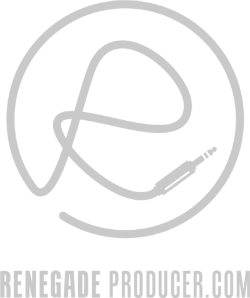25-step music production process checklist and video workshop >>>
4 Steps to Digital Audio Workstation Mastery For Beginners
Your chosen Digital Audio Workstation (DAW) sits at the center of all
your digital music production work. There's no getting around it, you
must master your DAW if you're serious about your music.
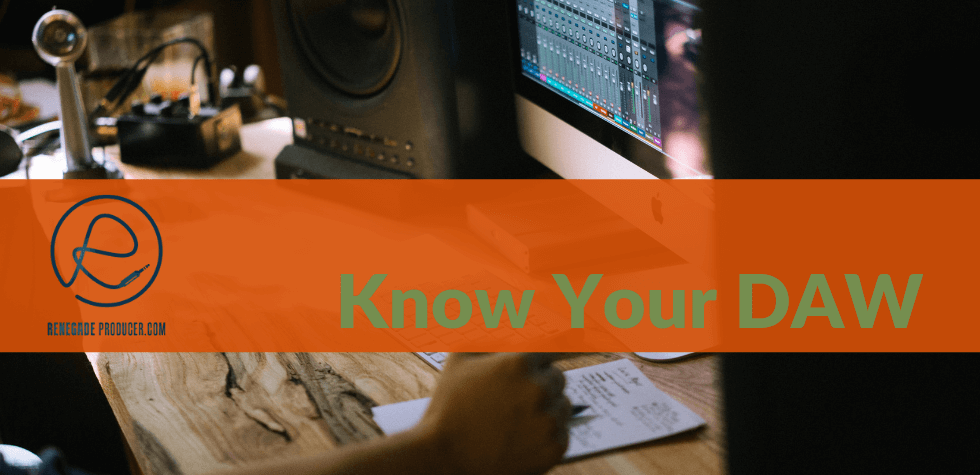
Hello, DAW!
It doesn't matter if your Digital Audio Workstation is Pro-tools, Logic, Cubase, Reason, FL Studio, Cakewalk, Reaper, Ableton Live or Bitwig, you'll need to get certain basic abilities and skills down regardless of which music production software you use. You don't however have to pay for expensive online courses to master your DAW.
So, how do you learn and master your DAW of choice without spending a ton? 4 ways...
Want to listen to the page instead of read it? Check out
the audio/video version available on Youtube...
1. RTFM! (Read the F@£&in Manual!)
|
Yes, the first step is to understand what you're dealing with and get a big picture overview of your Digital Audio Workstation and it's various screens, functions and tools. It may feel
boring and even overwhelming but you must crack open the manual and read
through it at least once. |
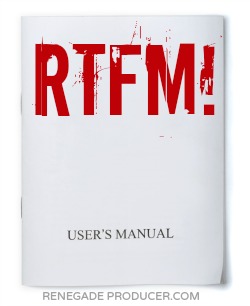 |
You may for example not be working with video so these functions can be safely ignored.
It's vital however that you understand how the following areas work in your chosen DAW...
Essential DAW Ninja Feats You Must Be Able To Perform:
- Set up a DAW Project - Bit rate, Sample rate, ETC...
- Work with Audio - Routing, Recording, Editing, Processing and Exporting
- Work with MIDI - Routing, Programming, Editing, Processing and Conversion to Audio
- Work with Plug-ins & Effects - Routing, Setup, Programming
- Set up DAW session templates
- Create track presets
- Setup keyboard shortcuts
- Manage your session/audio/program files
So, crack open that good ol' manual and read up on how to perform the above feats so you know how to do them in your chosen DAW. Then...
2. ATFK! (Apply the F@£&in Knowledge!)
Open your DAW and set up a practice session and work through the things you've learned so you can get comfortable doing them. Don't worry, you won't break anything so have some fun with it!
The idea is to make the initial connections in your brain so you can get comfortable with how your Digital Audio Workstation functions. It's all about getting familiar with your DAW when you start out. Mastery will come with time when you do actual work.
So, don't worry too much about finishing
tracks at this stage. For now, just play and experiment and make sure
you get the vital Digital Audio Workstation knowledge and skills under
your belt.
You want to get it down so that when I phone you up at
3:30am, after you've slept for only 30 minutes and you're all grumpy,
and I ask you how to trim and reverse an audio sample, you can not only
tell me, but also do it.
The same goes for other vital tasks. Prepare
for getting stuck in for a while with this, especially if you're
complete beginner when it comes to music production. Look up terms and make
sure you understand the concepts and practices involved in music
production so the manual makes more sense.
3. Supplement With DAW Training or Courses, as Needed
Manuals can be confusing as they're not always structured or written in an easy-to-understand way. This has more to do with bad technical writing than it does with your ability to learn of course!
Luckily, there are tons of great beginners courses available for every Digital Audio Workstation out there, not to mention online videos and forums. I suggest you start with the manual and help documents that come with your DAW and supplement with these other resources if and when the need arises.
MacProVideo has some excellent beginners courses for Mac users, which includes intros to the most popular DAWs. You'll find the most popular DAW intro tutorials below...
Beginner Intro DAW Training & Courses:
Logic Pro
Ableton Live
Cubase
Reason
Groove3 is another option for good-value courses at decent prices.
You
can also of course also find a tutor that can show you what you need to
know. This is probably the best way to learn should you be able to pay
for it or be lucky enough to have good friend who has his chops with
the same DAW.
4. Find a Tutor or Mentor
This may the only hack that exists that will actually help you progress faster with music production. You can watch all the Youtube tutorials, pay for online courses and read every blog on the web and nothing will speed up your improvement with music production faster than a good tutor or mentor.
OK, so it's definitely more difficult or at least time consuming to find a good tutor or mentor than it is to sign up for an online course. The time you save once you have a good mentor is however immense. They'll be able to look at you, look at the big picture of music production and see exactly where you should focus for maximum impact with your learning. They'll spot the gaps you won't. They'll know how much you don't know which you won't.
So, the sooner you can connect with a good music production tutor or mentor the better.
Quick Recap: 4 Steps to Digital Audio Workstation Mastery
- RTFM! (Read the F@£&in Manual!)
- ATFK! (Apply the F@£&in Knowledge!)
- Find and watch free DAW intro videos or follow tutorials online.
- Find a tutor or friend that can train you one-on-one.
Again,
you
don't need to take pricey online courses or get a music production
degree at an uber-expensive school to master a Digital Audio
Workstation. You can learn everything you need to know through the free
and less expensive resources I
mentioned above.
Stay focused on working through all the vital
aspects you'll need to learn and then move on to your actual music
production. DAW fundamentals get you started, but as you know by now,
there's so much more to professional music production.
So, get the basics done and dusted as soon as you can so you can start to work on more advanced music production ninja-skills sooner rather than later!
P.S. If you haven't yet chosen your DAW then make sure to check out these 5 top DAW recommendations for new producers to start with.
You may also want to check out the popular Producer's Skill-Stacks Series for a look at the skills you need:

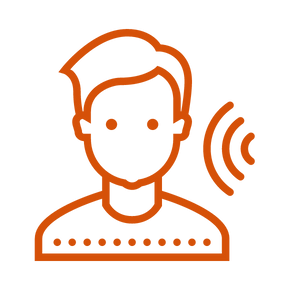
Learn to understand equalisers and frequencies to supercharge your mixing skills and get results, fast...

New producer? Learn everything you need to produce your first professional track right now...
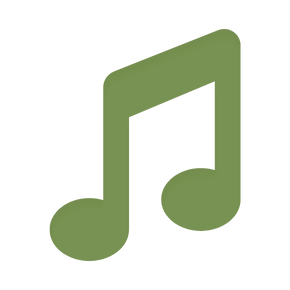
Would you like to discover the simplest and easiest way to learn music theory as a music producer?
Share this post. Spread the knowledge so other producers can benefit too:
ⓘ Some pages contain affiliate links so I might earn a commission when you buy through my links. Thanks for your support! Learn more

